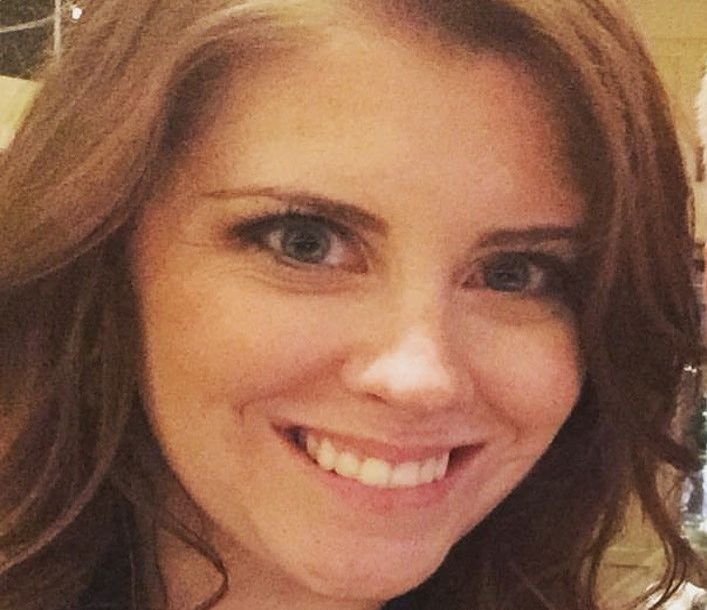
Jill Tornifoglio joined Amazon in early 2018 after several years with FleishmanHillard (FH). She observes that one of the best things about her time at Catholic University was the access students had to internships. She says, “I started college not sure what I wanted to do. I thought about law. I knew I definitely didn’t want to teach. My sophomore year I took an internship in the communications department of a think tank. From there, it spiraled into positions with Porter Novelli, Animal Planet, Covidien (now Medtronic), C. Fox Communications and, after graduation, FleishmanHillard.
“I started as an intern at FH in the Boston office and seven years later was a Vice President. I worked on what we consider ‘business-to-business’ technology and professional services clients – the complex stuff. I was not a technical person before, but I came to love it because it was always changing and it was never boring. My focus was primarily on what is considered traditional PR – media relations, storytelling, communication strategy, and more. I had amazing opportunities to work on clients that challenged and inspired me. I traveled the world, spending a month in PyeongChang at the Olympics, and was able to see how global businesses operate – and how communications vary from one region to the next. Earlier this year, I was able to take those experiences to Amazon.”
Jill spends most of her time writing. She reflects: “And no two documents are the same. In an agency, you need to be able to adjust your style and tone quickly and easily to suit your client’s persona. In my job today, you need to be able to present strategies, ideas and plans in a narrative that is supported by data.
“One of the major things that any communications professional needs to deal with is issues – how do you see around corners to prepare for issues, anticipate media questions and mitigate issues when they do arise? The ability to think critically about a situation and how that situation may evolve is an absolute necessity. History majors are taught how to do that every day, to analyze actions of the past and the impact on the future.
“When I started at FH, I was given a roster of really complex clients – think cloud computing, semantic databases, semi-conductors…the really fun stuff. I had come from Animal Planet so this was completely outside my areas of expertise. But I dug in. I had learned how to research as a history major: how to dig deep to get at the important information. I spent days reading; and eventually, it become fun. I built my career on it, and the ability to dive deep was really attributable to my CUA experiences.”
Looking back at her time in Catholic University’s History Department, Jill comments, “I had amazing professors during my time there. I remember meeting with my thesis advisor and having him tell me that I needed to take a 12 word sentence down to five. I was a verbose writer. Still am. But now, every time I put pen to paper I think about how I can turn 12 words into five. I would encourage anyone entering CUA to take full advantage of being in a city where opportunities and internships are endless. It helps you realize what you don’t want to do – that’s more important than learning about what you do want to do – and also gives you a massive advantage when you’re entering the job market.”
